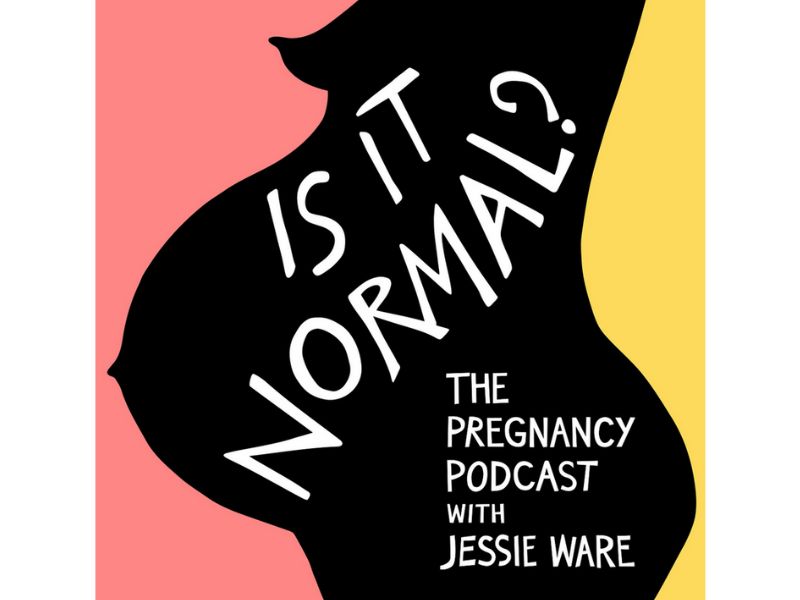Looking for some natural ways to support your body and mind during menopause? Here, Margo Marrone, Co-Founder of The Organic Pharmacy, shares some effective hormone-balancing tips for people going through menopause.
Although often associated with uncomfortable and unpleasant symptoms, going through menopause can actually be a positive change. It is the start of a new chapter and can bring a fresh outlook to our lives. Plus if you’ve experienced unpleasant menstrual conditions, such as heavy periods, endometriosis, PMS or PMDD, you may even find that menopause gives you a new lease of life! That being said, this time can also come with a number of challenges.
During this period in our lives, we experience significant shifts in our hormones as our oestrogen levels decrease. This fluctuation in hormone levels causes a number of common symptoms associated with this change, including hot flushes, low mood, and disruptions in our sleep schedule. While it can be difficult to avoid these symptoms altogether, there are a number of natural ways to reduce their severity and impact by making lifestyle changes to balance your hormones. Below are five ways to do so to make going through menopause a more positive experience.
Opt for oestrogen-rich foods
Shortly before you experience any changes associated with the menopause, your body will reduce its production of oestrogen, often relatively sharply. This oestrogen reduction is what is responsible for a number of common symptoms of menopause, so finding ways to boost our levels of this hormone can help reduce the intensity of these symptoms. A great way to give yourself this boost is to incorporate plenty of oestrogen-rich foods into your diet. Below are just a few you can incorporate into your meals or as nutritious snacks:
- Soya (this can be found in soy milk and yoghurts, as well as in tofu and tempeh)
- Nuts
- Seeds (especially sesame seeds and flax seeds)
- Garlic
- Dried fruits
Take supportive supplements
Having a nutrient-rich diet is especially important during this period of life, but adding natural supplements to your routine can be a great way to give yourself an even larger boost of nutrients. As well as being a great way to support your overall wellbeing, there are a number of vitamins and supplements which are ideal for targeting the symptoms of menopause. The following supplements are often used to help people with menopause reduce the severity of their symptoms:
- Magnesium: As well as supporting healthy blood sugar levels and our stress response, magnesium can also be great for improving our sleep routines, which is something many people going through menopause struggle with.
- Black cohosh: A common ingredient in menopause supplements, black cohosh is used by many to reduce symptoms such as hot flushes.
- B vitamins: These vitamins (especially B6 and B12) can support cognitive function which can be particularly useful when navigating brain fog, another common symptom of menopause.
- Probiotics: Often used to support gut health, probiotics may be beneficial for those experiencing gut and digestive issues as a result of menopause.
Find ways to de-stress
If you’re currently experiencing menopause, you may find that your stress levels are much higher than they were previously. Of course, it’s normal to experience stress during periods of major change, especially when experiencing unpleasant symptoms. But the body’s response to stress is often to increase the production of cortisol, also often known as the “stress hormone”. Excess cortisol can lead to a number of unpleasant symptoms over time, including high blood pressure, fatigue, and muscle weakness. So in order to reduce your cortisol levels and achieve balance, it’s a good idea to find ways to reduce the stress in your life.
Of course, this is easier said than done for many. But you might find that even small changes can make a big difference. Keeping a menopause journal to write down your feelings may help you release some of the stress you’re experiencing, as well as try out breathing exercises and winding down with your favourite hobby. Low-impact exercises such as yoga and walking may help reduce your cortisol levels too.
Be mindful of caffeine intake
One of the most common mental side effects of menopause is heightened levels of anxiety, so if you experience this you’re not alone. Despite being a typical symptom, this doesn’t mean there aren’t ways to reduce the intensity of these feelings. One method of reducing anxiety levels which many menopausal people have had success with is reducing their caffeine intake. Caffeine is a stimulant that can provide us with a boost of energy, but can also worsen symptoms of anxiety in those who already experience it, or induce anxiety-related symptoms in those who don’t, such as rapid heart rate and an upset stomach.
As well as being a way to reduce anxiety-related symptoms from menopause, avoiding caffeine may also be beneficial for your sleep schedule. The energy-boosting stimulant can stay in the system for up to several hours so even if you don’t consume it right before you go to sleep, it can still have an impact. If you don’t want to give up caffeine, you may prefer to focus on reducing your intake and being mindful of when you consume it, instead of removing it from your diet altogether.
Going through menopause is a challenging experience for many of us, but it doesn’t have to be impossible. By using the tips above you can focus on balancing your hormones and reducing the impact of your symptoms to make the change as positive an experience as possible.









